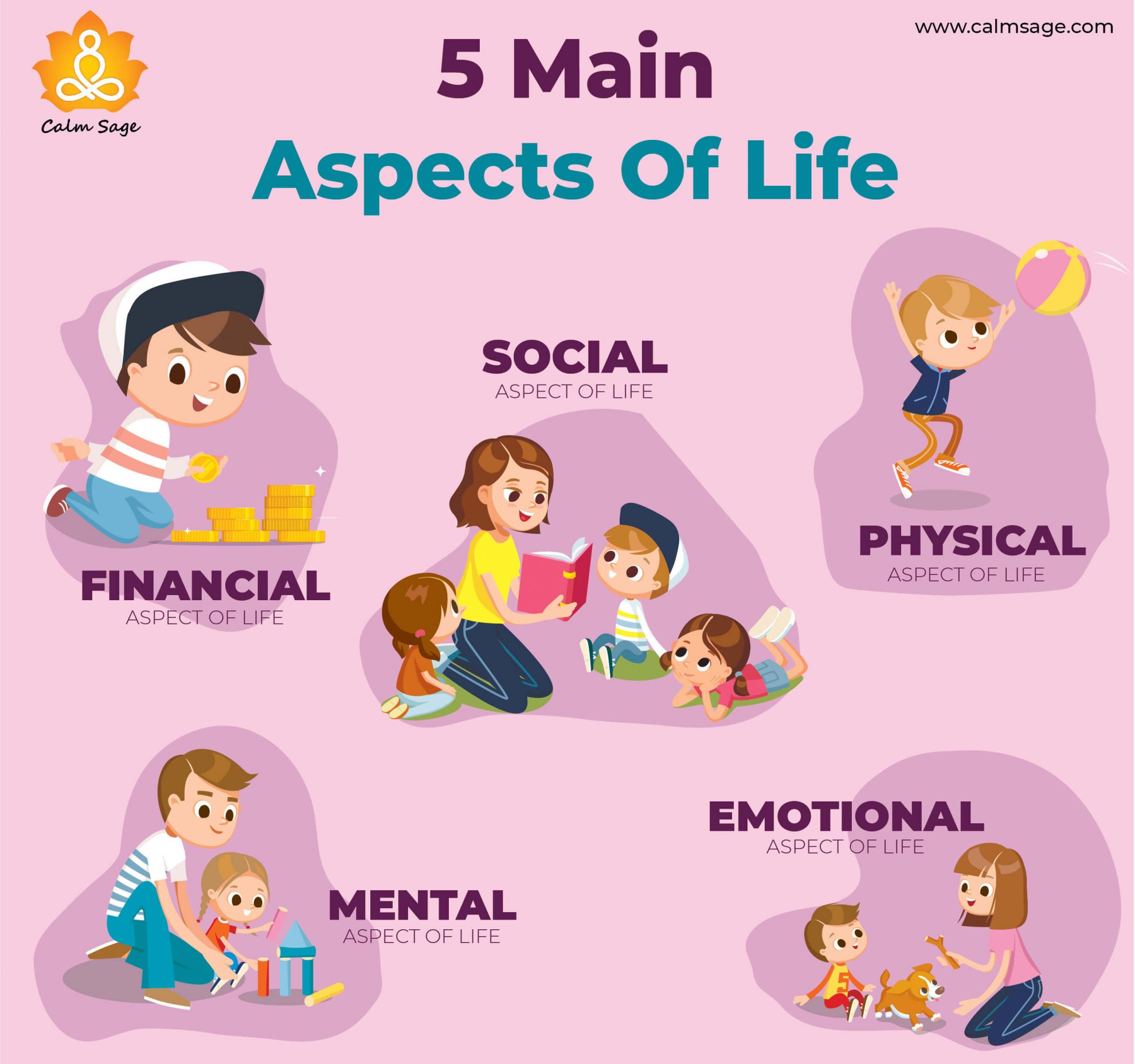Frederick Douglass - Quotes On A Life Well Lived
There are some people whose voices just echo through time, their words carrying weight and wisdom across generations. Frederick Douglass, a figure of immense strength and vision, is certainly one of those individuals. His sayings, taken from a life that faced incredible hardships and achieved truly remarkable things, still offer so much to think about for anyone trying to make sense of the world today. We can learn a great deal from his outlook, you know, on what it means to truly be alive and to work for what is right.
Douglass’s existence was, in a way, a living example of what it means to be a person who acts, who grows, and who responds to the world around them. He did not just exist; he lived with a fierce purpose. His journey, from being held in bondage to becoming a widely respected speaker and writer, shows a spirit that refused to be put down. His thoughts, captured in his many public addresses and writings, show us a path for finding our own voice and standing up for what we believe.
So, as we look at some of the memorable sayings from Frederick Douglass, we are not just looking at old words. We are, in fact, looking at the very essence of a man who lived fully, who challenged wrongs, and who inspired countless others. His words still hold a lot of lessons for us about freedom, about fairness, and about what a single person can do to change things for the better.
- Sophieshay Leaked Onlyfans
- Grace Sward
- Allie Dunn Only Fans
- Gloria Torres Of Only Fans
- Barbi Benton Nude
Table of Contents
- Frederick Douglass - A Life of Purpose
- Who Was Frederick Douglass, Anyway?
- Early Years and the Path to Freedom - The life of frederick douglass quotes
- What Did Frederick Douglass Stand For?
- The Power of Words - The life of frederick douglass quotes
- How Did Frederick Douglass View True Living?
- A Legacy That Continues - The life of frederick douglass quotes
- Why Are His Words Still Important Today?
Frederick Douglass - A Life of Purpose
Frederick Douglass, born Frederick Augustus Washington Bailey, came into the world around 1818 in Maryland. He was born into a state of forced labor, a condition that meant he had no say over his own being. Yet, even as a young person, he showed a great hunger for learning and a strong will to be free. He taught himself to read and write, a truly brave act at a time when such things were forbidden for those in his situation. This act of self-education was a turning point, giving him the tools he would later use to speak out against the great wrong of human ownership.
After making his way to freedom in 1838, Douglass became a very strong voice for ending forced labor. He wrote books about his own experiences, gave many talks, and worked hard for civil rights. He even advised presidents. His life story is, you know, a powerful reminder of how one person's will to be free can change the course of history. He was, in some respects, a living example of someone who refused to be defined by his starting point, choosing instead to create a different future for himself and for others.
Here is a quick look at some personal details about this remarkable person:
- Taboo Confessions
- Georgina Rodríguez Nude Pic
- Limbus Company R34
- Porn Corinna Kopf
- Second Life Ranker Manga
| Full Name | Frederick Augustus Washington Bailey |
|---|---|
| Born | Circa February 1818, Talbot County, Maryland |
| Died | February 20, 1895, Washington, D.C. |
| Spouse(s) | Anna Murray Douglass (m. 1838–1882); Helen Pitts Douglass (m. 1884–1895) |
| Children | Rosetta, Lewis Henry, Frederick Jr., Charles Remond, Annie |
| Known For | Abolitionist, Orator, Writer, Statesman |
| Notable Works | Narrative of the Life of Frederick Douglass, an American Slave (1845), My Bondage and My Freedom (1855), Life and Times of Frederick Douglass (1881) |
Who Was Frederick Douglass, Anyway?
So, who was this man who stood so tall against such a terrible system? Frederick Douglass was, essentially, a person who understood the true meaning of existence, not just as a period between coming into the world and leaving it, but as a time for action and response. My text, for instance, talks about how life is that special quality separating a vibrant, active being from something without movement or spirit. Douglass, in his very being, showed what it means to be a truly functional person, one who grows and responds to the outside world, rather than just existing.
He was a person who, you know, learned to read in secret, piece by piece, trading bread for lessons from neighborhood children. This secret learning was a dangerous act, but it was also the start of his path to freedom, a way to move from being treated as property to becoming a person of great thought and influence. His escape to freedom was not just a physical act; it was a powerful declaration of his own worth and his right to be a fully living individual. He showed, quite simply, what it means to move from a state of being held back to one of true self-direction.
His journey continued as he became a very strong voice for ending the system of human ownership. He traveled widely, speaking to crowds, sharing his story, and making people see the wrongness of the situation. He was, in fact, an incredibly effective communicator, using his own experiences to paint a clear picture of injustice. He did not just talk about ideas; he lived them, and his public speaking was a direct way of responding to the world's great problems, a clear sign of his active presence.
Early Years and the Path to Freedom - The life of frederick douglass quotes
The early part of Frederick Douglass's existence was marked by hardship, yet also by a deep desire for something more. He saw education as the way out, a path to a different kind of future. One of his most telling thoughts on this time was, "Knowledge makes a man unfit to be a slave." This saying, honestly, gets to the heart of his early struggle. It shows how learning was not just about facts for him; it was about gaining a sense of self and a way to break free from the chains that held him.
His decision to seek freedom was a huge step, full of danger. But he knew he could not stay where he was. His inner drive, a sort of constant push for something better, was a key part of his character. He showed, very clearly, that true life involves a constant striving for what is right, even when the path is difficult. His actions in those early years set the stage for all the great work he would do later on.
Another saying that speaks to his character, even from those early days, is, "I would unite with anybody to do right and with nobody to do wrong." This thought, you know, shows his strong moral compass. It tells us that even when he was facing great personal danger, his principles were clear. He was someone who, quite simply, stood for what was good and just, no matter the situation. This idea of joining forces for good was something he carried with him throughout his entire life.
What Did Frederick Douglass Stand For?
So, what were the main ideas that Frederick Douglass put his weight behind? He stood for much more than just ending human ownership. He believed in fairness for all people, no matter their skin color or gender. He saw the connections between different forms of unfairness and fought against them all. He was, essentially, a champion for everyone's right to be treated with respect and dignity, a really important idea.
He believed that real change does not happen without effort. A well-known saying of his captures this perfectly: "Without a struggle, there can be no progress." This thought, basically, means that if you want things to get better, you have to be willing to put in the work and face difficulties. He lived this idea every day, facing down those who wanted to keep things as they were, and pushing for a better world. He showed that true growth often comes from facing challenges head-on.
Douglass also understood that those who hold power rarely give it up easily. He put it this way: "Power concedes nothing without a demand. It never did and it never will." This saying, in a way, is a call to action. It tells us that if you want something to change, you have to ask for it, and sometimes you have to demand it. He knew that simply hoping for things to get better was not enough; people had to speak up and make their voices heard. This idea, you know, is still very relevant today when people are trying to bring about change.
The Power of Words - The life of frederick douglass quotes
Frederick Douglass was a master of using words. He knew that speech and writing could be very strong tools for change. He used his voice to tell his own story and to speak for those who could not speak for themselves. His ability to craft sentences and deliver powerful talks was, in fact, a key part of his influence. He showed that words, when used with purpose, can move mountains.
He famously urged people to "Agitate! Agitate! Agitate!" This was his call to keep the conversation going, to keep pushing for what was right, and to not let people forget about the wrongs that needed to be fixed. It was a way of saying that constant effort and speaking out are needed to bring about fairness. This idea, you know, is about keeping the pressure on, making sure that important issues stay in people's minds.
Douglass also had a clear view on the limits of those who try to control others. He said, "The limits of tyrants are prescribed by the endurance of those whom they oppress." This thought, pretty much, means that people who try to rule unfairly can only go as far as the people they are ruling allow them to go. It is a powerful reminder that if people stand strong and refuse to give in, they can set the boundaries for those who try to take away their freedoms. It suggests, quite simply, that collective strength can overcome great power.
How Did Frederick Douglass View True Living?
You know, when we think about what it means to be truly alive, to have that spark that sets a person apart from something inert, Frederick Douglass showed us what that looks like. My text, for instance, talks about how life is that special quality separating a vibrant, active being from something without movement or spirit. Douglass, in his very existence, embodied that definition. He wasn't just breathing; he was acting, growing, and responding to the world around him in ways that demanded attention. He showed, very clearly, that to live is to engage with the world.
He believed in facing challenges head-on, not shying away from what was difficult. He once said, "It is not the light that we need, but fire; it is not the gentle shower, but thunder. We need the storm, the whirlwind, and the earthquake." This saying, honestly, speaks to his belief that big problems need big solutions, and that sometimes, a little discomfort is necessary for real change. He saw life as something dynamic, full of movement and strong feelings, not something quiet and still. He truly believed in the power of strong forces to bring about change.
Douglass also valued being true to oneself, even if it meant facing disapproval from others. He put it this way: "I prefer to be true to myself, even at the hazard of incurring the ridicule of others, rather than to be false, and incur my own abhorrence." This thought, in a way, speaks to the deep importance of personal honesty and integrity. He showed that living a genuine life means staying true to your own beliefs, even when it is not the easiest path. This idea of inner peace and self-respect was, quite simply, a core part of his outlook on what it meant to live well.
A Legacy That Continues - The life of frederick douglass quotes
The impact of Frederick Douglass's existence and his words did not end with his time on Earth. His efforts laid important groundwork for the civil rights movements that followed. His thoughts continue to inspire people who are working for fairness and human rights all over the globe. His legacy is, you know, a constant reminder of the strength of the human spirit and the lasting power of speaking truth to power. He really did leave a mark that stretches far into the future.
One of his sayings that captures the broad reach of his vision for fairness is: "Where justice is denied, where poverty is enforced, where ignorance prevails, and where any one class is made to feel that society is an organized conspiracy to oppress, rob and degrade them, neither persons nor property will be safe." This thought, basically, connects many different kinds of wrongs. It shows that when one group of people is treated badly, it affects everyone and everything. It is, in fact, a warning that true peace and safety depend on fairness for all.
His words serve as a guide for how to approach big problems in society. They tell us that we cannot ignore unfairness, and that we must work to make things better for everyone. His life was, in some respects, a continuous effort to make the world a place where everyone could truly live, in the fullest sense of the word, free from being held back or treated as less than human. He showed that true living involves working for the good of all.
Why Are His Words Still Important Today?
So, why do Frederick Douglass's thoughts still matter so much in our current time? His ideas about freedom, fairness, and the need for people to stand up for themselves are, quite simply, timeless. They speak to situations that still exist, even if they look a little different now. His insistence on education, his belief in the power of speaking out, and his call for everyone to be treated with respect are still very important messages for us. We can, you know, find a lot of guidance in his outlook for the challenges we face today.
His words encourage us to think deeply about what it means to be a free person and what our responsibilities are to others. They push us to question unfairness wherever we see it and to work towards a world where everyone has a chance to thrive. His way of thinking about things shows us that progress is possible, but it takes effort and courage. He truly believed that people could make a difference, and his own life was proof of that belief.
Reading the sayings from Frederick Douglass is, in a way, like having a conversation with someone who lived a life full of purpose and meaning. They remind us that our own existence has value and that we have the ability to make a positive impact on the world around us. They are a call to action, a nudge to keep learning, keep speaking, and keep working for what is right, just like he did. His wisdom, you know, continues to light a path for those who seek a better future.



Detail Author:
- Name : Miracle Lebsack
- Username : providenci.hauck
- Email : adolfo.rau@yahoo.com
- Birthdate : 2001-03-22
- Address : 299 Ullrich Crossroad North Sonya, NC 63020-7400
- Phone : 1-848-716-5726
- Company : King, Kunze and Jast
- Job : Human Resource Director
- Bio : Iusto dolorem ut quia maxime. Est a et ea recusandae non atque aliquid. Delectus quibusdam eveniet voluptas et.
Socials
tiktok:
- url : https://tiktok.com/@kimkessler
- username : kimkessler
- bio : Ipsum quas repellendus est sit delectus explicabo natus sed.
- followers : 3232
- following : 2460
linkedin:
- url : https://linkedin.com/in/kim_id
- username : kim_id
- bio : Qui tempora quae dolores repellendus.
- followers : 5316
- following : 987